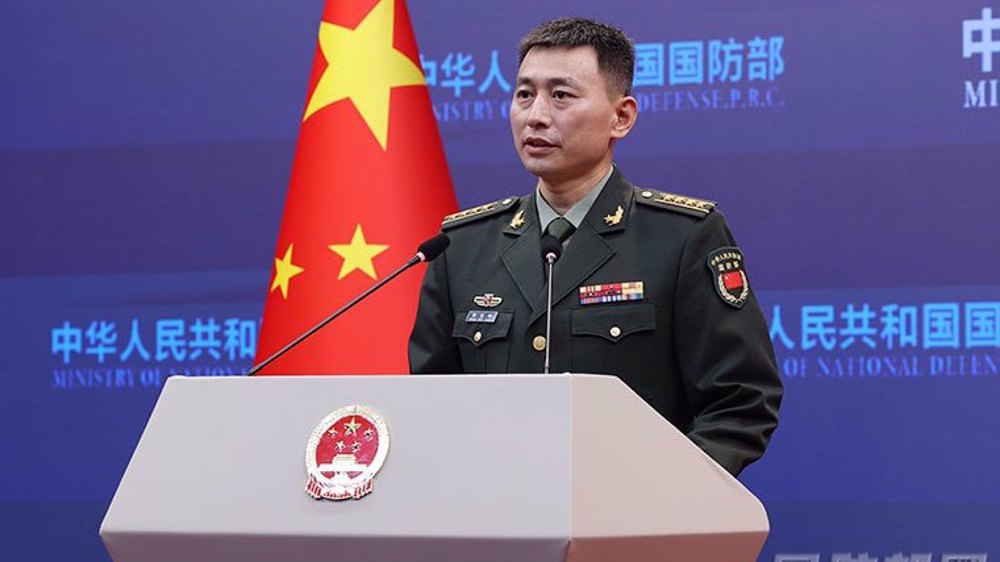Dominican Republic severs relations with Taiwan in win for China
The Caribbean nation of the Dominican Republic has severed its diplomatic ties with Taiwan, officially recognizing Chinese sovereignty over the self-ruled island.
A Tuesday statement on the Dominican president’s website said the country had made the decision after a long process of consultation and pointed to the potential for growth in trade relations with China.
It said that China was already the Dominican Republic’s second-largest supplier of imported products.
“Of course, we know that now [that] we’re establishing diplomatic relations, the growth potential of our trade links is immense,” presidential legal adviser Flavio Dario Espinal said.
He thanked Taiwan and cited “historical and socioeconomic” reasons for the switching of allegiance.
“We are deeply grateful for the cooperation we’ve shared for years,” he said. “However, history and the socioeconomic reality force us now to change direction.” He did not elaborate.
Most countries in the world adhere to the so-called One China policy, according to which self-ruled Taiwan is considered Chinese territory. With the departure of the Dominican Republic, Taiwan is now left with a mere 19 diplomatic allies.
Panama, then another important ally, severed ties with Taiwan late last year.
Taiwan reacted angrily to the move by the Dominican Republic, with its top diplomat claiming that China had offered financial incentives to attract the Caribbean country’s support.
“President Danilo Medina of the Dominican Republic has ignored our long-term partnership, the wishes of the people of the Dominican Republic, and the years of development assistance provided by Taiwan, to accept false promises of investment and aid by China,” Taiwan Foreign Minister Joseph Wu told reporters.
Chinese Foreign Minister Wang Yi, though, lauded the decision.
“This important and correct decision by the Dominican Republic absolutely accords with the basic interests of the country and its people,” Wang said. “We highly appreciate this.”
China and Taiwan split amid a civil war in 1949; however, Beijing’s leadership pursues reunification.
'Next to impossible' to rescue patients from Gaza's Kamal Adwan Hospital: Director
VIDEO | Vietnam current prosperity
Report blames gasoil exports for shortage at Iranian power plants
VIDEO | Hind Rajab Foundation names Israeli war criminals vacationing after Gaza genocide
VIDEO | Australians rally for Gaza ahead of Christmas festivities
VIDEO | Attacks on Sana'a
Iran reports further drop in annual inflation rate in December
Israel indicts two settlers over suspected spying for Hezbollah











 This makes it easy to access the Press TV website
This makes it easy to access the Press TV website